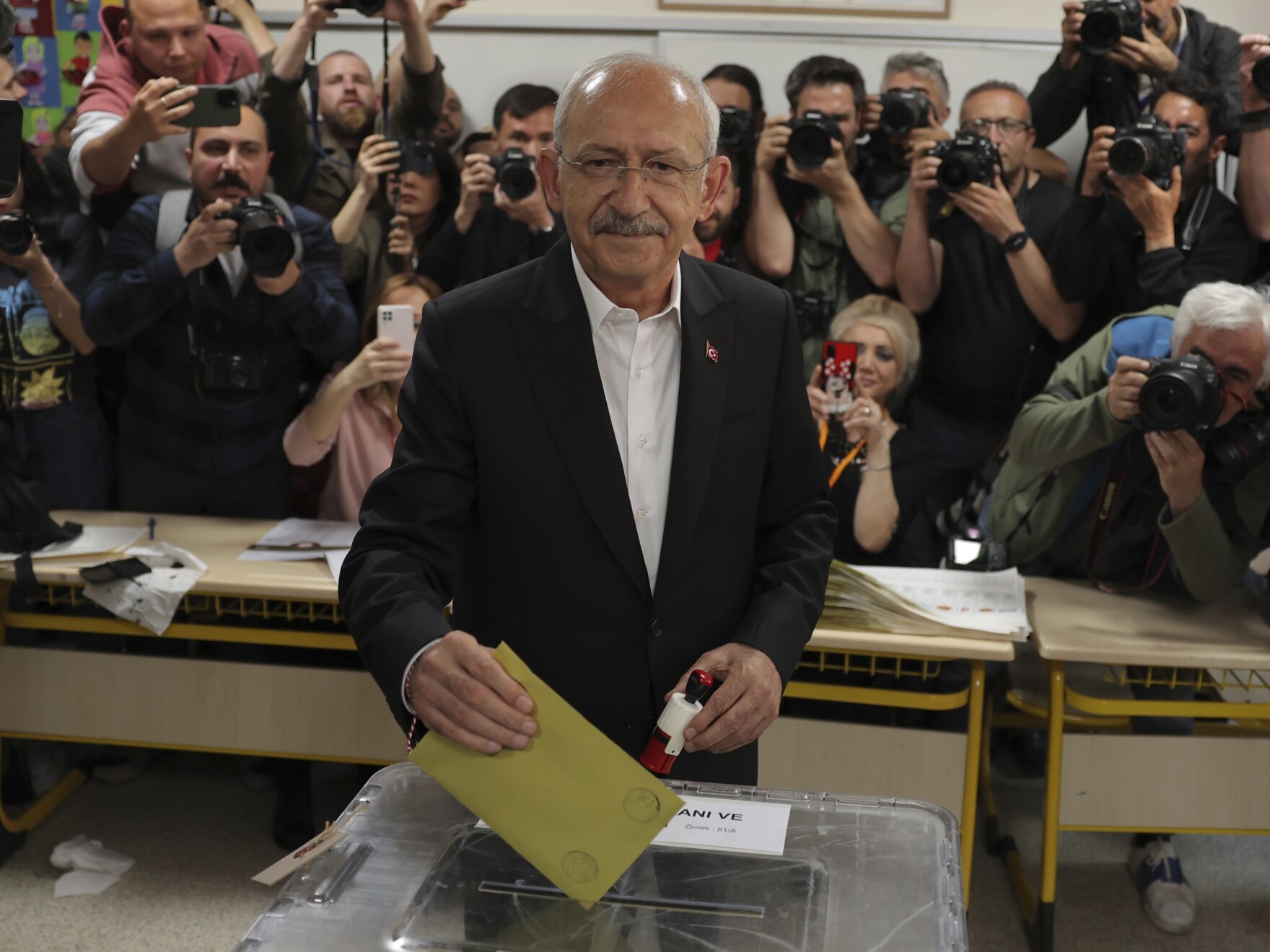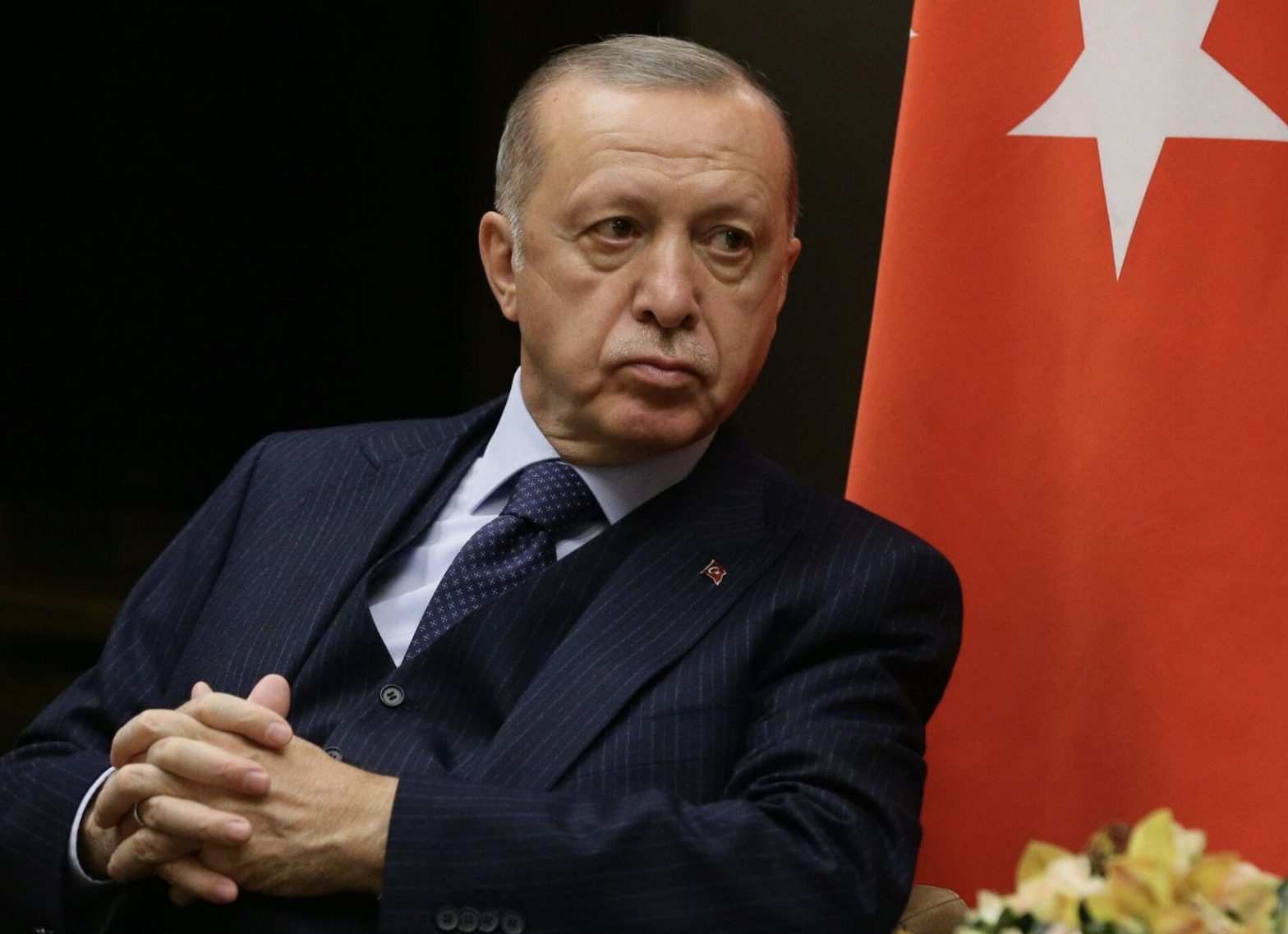As the world watches President Recep Tayyip Erdogan’s struggle to hold onto power in a closely contested election in Turkey, the event is seen as another episode in the rise of global strongmen that are currently defining President Joe Biden’s tenure. Erdogan’s fate carries significant implications not only for his country’s democracy, which he has been accused of undermining, but also for US foreign policy.
Despite being a NATO ally, Turkey, under Erdogan’s rule, has often frustrated Washington, particularly by maintaining close ties with Russia and suggesting a détente with Syria. Preliminary vote counts on late Sunday placed Erdogan in the lead but falling below the necessary 50% threshold to avoid a potentially precarious runoff election.
Opposition leader Kemal Kilicdaroglu has pledged to undertake “any struggle necessary” to secure rights, law, and justice for Turks, even as he accused authorities of hampering the counting of ballots where the opposition vote was highest. Erdogan, in contrast, expressed confidence that the final vote counts would secure him a win without the need for a runoff.

Erdogan’s complex relationship with Russia has posed a challenge for successive US presidents. His cordiality toward Russian President Vladimir Putin has been a source of concern for the US, which has been actively seeking to protect Ukraine’s sovereignty following Moscow’s unprovoked invasion over a year ago.
President Biden’s tenure has been marked by the rise of autocrats, attacks on democracy, and aspiring strongman leaders, both abroad and domestically. His legacy will likely be shaped by his confrontation with Putin, the revitalization of the trans-Atlantic alliance to support democracy in Ukraine, and the management of an increasingly assertive China under President Xi Jinping. Simultaneously, tensions have been building between Biden and Israeli Prime Minister Benjamin Netanyahu over attempts to reform the judiciary, which critics claim could undermine democracy.
Yet, unlike these foreign leaders, the most profound threat to US democracy appears to come from within its borders. Former President Donald Trump’s repeated false claims about the 2020 election and his downplaying of the Capitol attack on January 6, 2021, have raised serious concerns about the health of democracy in the US. His potential return to power in 2024 threatens to revert US diplomacy to a time when the country held transactional meetings with strongman leaders like Putin, Xi, and North Korea’s Kim Jong Un.
For Biden, the struggle is not just global but domestic, trying to prove to those attracted by Trump’s strongman rhetoric that democracy can still deliver. This has been underscored by his enactment of a bipartisan infrastructure law that is pumping billions of dollars into projects nationwide.
Biden’s attempts to safeguard democracy, both at home and abroad, are a testament to the complex challenges that his presidency faces. His approach towards Erdogan’s potential victory, despite allegations of democratic backsliding, exemplifies the intricate balancing act between democratic values and strategic interests that US foreign policy must navigate.
As the world awaits the final outcome of Turkey’s election, it also serves as a reminder that supporting democracy, while a fundamental aspect of America’s identity, often becomes complicated when broader geopolitical considerations are at play. Erdogan’s fight for power adds another layer to the global landscape of strongmen leaders that Biden must contend with, shaping not just US foreign policy but also the narrative of his presidency.
©world-news.biz
